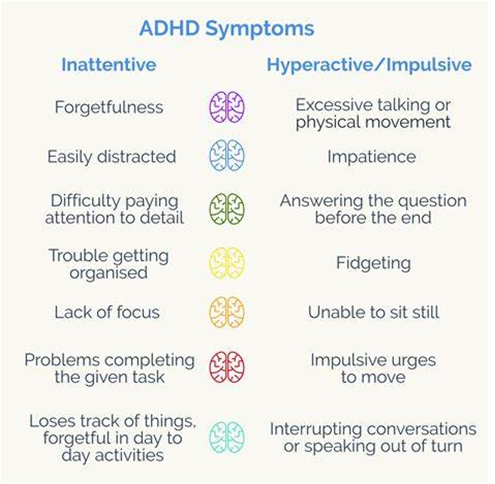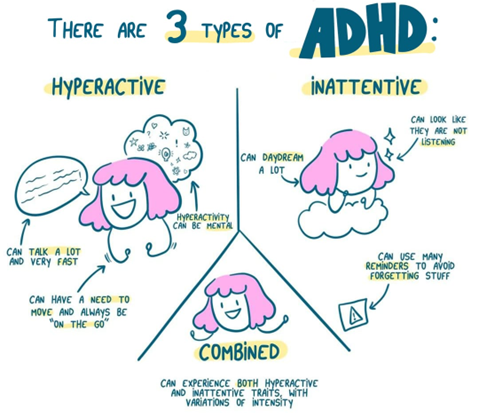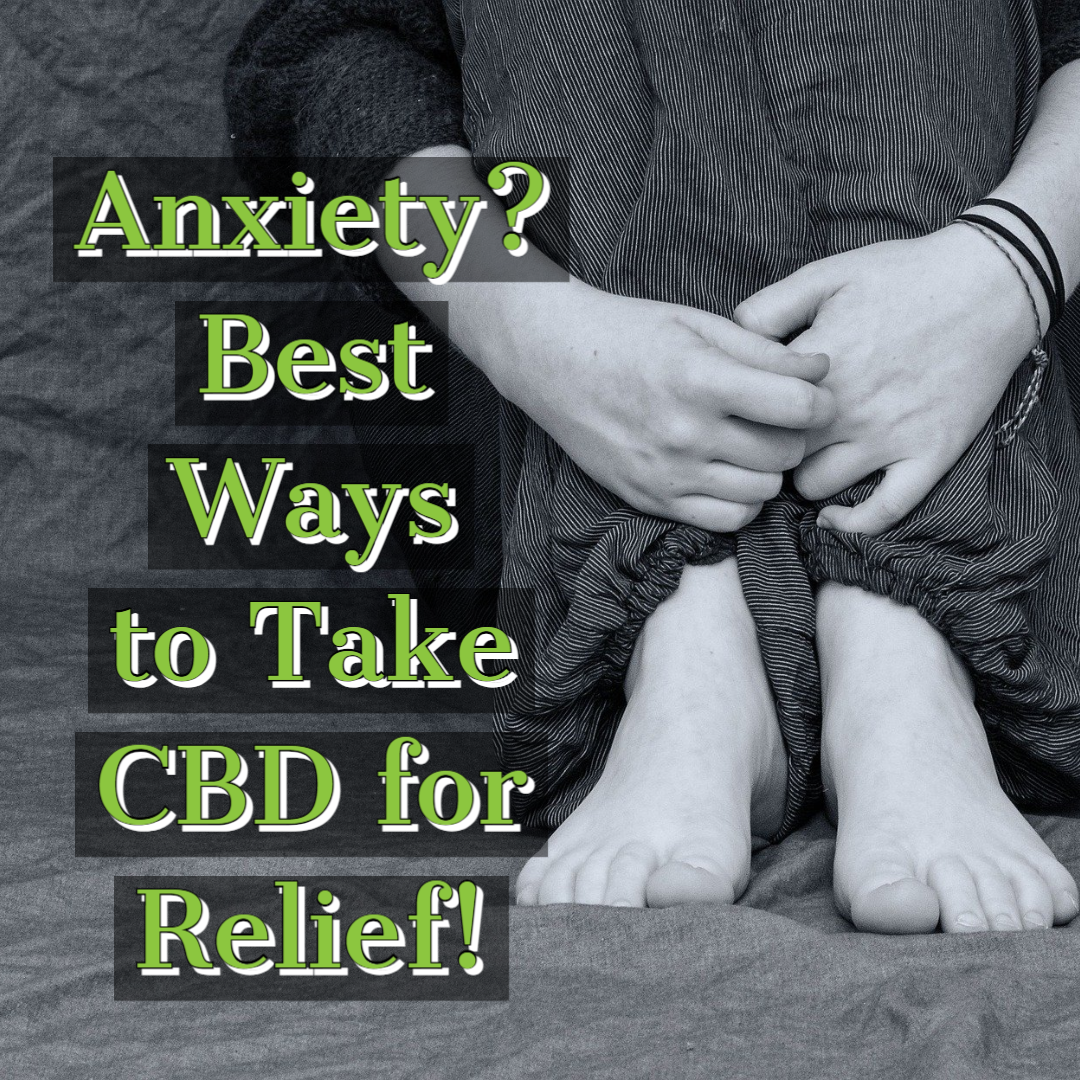ADHD Symptoms For Men
Many people in this life have gone their whole lives feeling a bit… different. They feel unable to focus, unable to properly regulate themselves in their personal lives, hyper fixate on different topics, have difficulties in their relationships, etc. For some people, this is their normal, and you may be wondering, why? How? Well, these may be symptoms of ADHD/ADD. In this article, we will discuss the symptoms of this condition, and how it could be affecting you.
What is ADHD?
Attention-deficit/hyperactivity disorder (ADHD) is a neurodevelopmental disorder characterized by difficulty paying attention, hyperactivity/impulsivity, or it can be a combination of both. People with ADHD may struggle to impulse control, following directions, completing tasks, among other symptoms. ADHD is considered one of the most common mental conditions in children, with an estimated 6 million children ages 3 to 17 years having ever been diagnosed. While ADHD is usually diagnosed in childhood, there are still many people who go undiagnosed until adulthood.
Other conditions and ADHD:
While many people can only have ADHD, it is also possible to have other conditions in addition. The most common conditions being anxiety and depression. It is also possible to have other mood disorders. Substance use disorders, such as addiction to alcohol or drugs, anxiety disorders (such as social anxiety disorder (SAD) or obsessive-compulsive disorder (OCD), sleep disorders, eating disorders (such as anorexia or bulimia), or even mood disorders (like depression or bipolar disorder).
How many people experience ADHD?
Depending on sex, genetics, and environmental factors, ADHD can affect many people. According to most studies, there is a 2 to 1 ratio of boys being diagnosed over girls in childhood. While research indicates that the condition is more common in boys and men, there is also evidence that it often goes undiagnosed in women
ADHD in men has more of the symptoms that are looked for when diagnosing ADHD Lack of attention/easily distracted: This is one of the most common symptoms, where you become disinterested in whatever you’re listening to and end up staring into space or moving on to the next thing before your current task or conversation is done.
Difficulty staying on task: Sometimes you have multiple projects you’re working on at once, all of those being somewhat complete. Then that causes an overwhelming pressure to get all of them done at once or it will never get done.
Having trouble listening: It can be difficult to listen to topics that aren’t catching your attention, more than the average person. You end up involuntarily zoning out of whatever or whoever you are listening to.
Lack of follow through: Whether it be forgetfulness or due to procrastination, sometimes a task or plans can slip through the crack regardless of if it’s intentional or not.
Disorganization: You forgot where you set your phone, or maybe your keys. Or was it your pen? It can be hard to keep track of items, or it can be difficult to keep everything in one spot and clean.
Procrastination: You may be asking yourself, “Do I have the mental energy for this task?” ADHD can cause a normal day to day task as simple as brushing your teeth or cleaning your room to feel like pulling teeth.
Forgetfulness: Did you forget what you were doing today? What did I need to do next at work? ADHD can cause you to be more forgetful than most people, not due to not wanting to do the task.
What can cause ADHD?
Researchers are continuing to examine why and how brain development is related to ADHD. However, they believe ADHD has a strong genetic link. If at least one of your parents has ADHD, your chances of having ADHD are higher, and then your children are also more likely to develop it. People who have ADHD are considered neurodivergent. That means that their brains develop and work differently than those who are neurotypical (which means that their brains develop, and work as expected). There has been additional evidence to show that brain structure and brain chemistry, and hormones may cause some of the characteristics associated with ADHD.
What can be done to help?
There are many treatment plans that can be done to help with ADHD and its accompanying symptoms.
Some of the methods to helping with symptoms could be something as small as using post it notes to remember things or setting alarms to not lose track of time.
CBT (Cognitive Behavioral Therapy) is a really good method to help those with ADHD symptoms to be able to regulate themselves and work on strategies to cope with these symptoms. Talking to another person can help reduce depression and anxiety symptoms that can occur as well.
Some people take medications to help them manage their symptoms. One of the most common medications used for ADHD is stimulants, some examples being methylphenidate and amphetamine. Other medications can be prescribed, depending on the severity of the condition. The purpose of stimulants is to boost and balance the brain chemical levels (aka neurotransmitters). Other medications used to treat ADHD include nonstimulant atomoxetine and some antidepressants such as bupropion. Atomoxetine and antidepressants work slower than stimulants, but these may be advantageous if you can’t take stimulants due to health problems or if stimulants cause severe side effects.
Though, we always like to inform people that just because this works for some people, it does not mean this method will work for everyone.
There are alternative medicines that can help in the CBD industry. Research is still being done on how cannabinoids help in terms of ADHD. As of now, it has been discovered that the compound called Cannabichromene (aka CBC) has shown decent results in helping to reduce ADHD symptoms. Cannabichromene, often abbreviated as CBC, is a non-psychoactive cannabinoid that is among the most abundant in the cannabis plant, following CBD and THC and several others. While CBC shares structural similarities with CBD, their properties differ significantly. It helps with reducing anxiety and depression symptoms in the brain, allowing the adhd symptoms to be more at ease.
Regardless of how you would like to go about treatment, we always recommend doing your own additional research and speaking to a health care professional to make sure you are getting the care you need. There are many treatment plans that can be done to help with ADHD and its accompanying symptoms.






Leave A Comment
You must be logged in to post a comment.